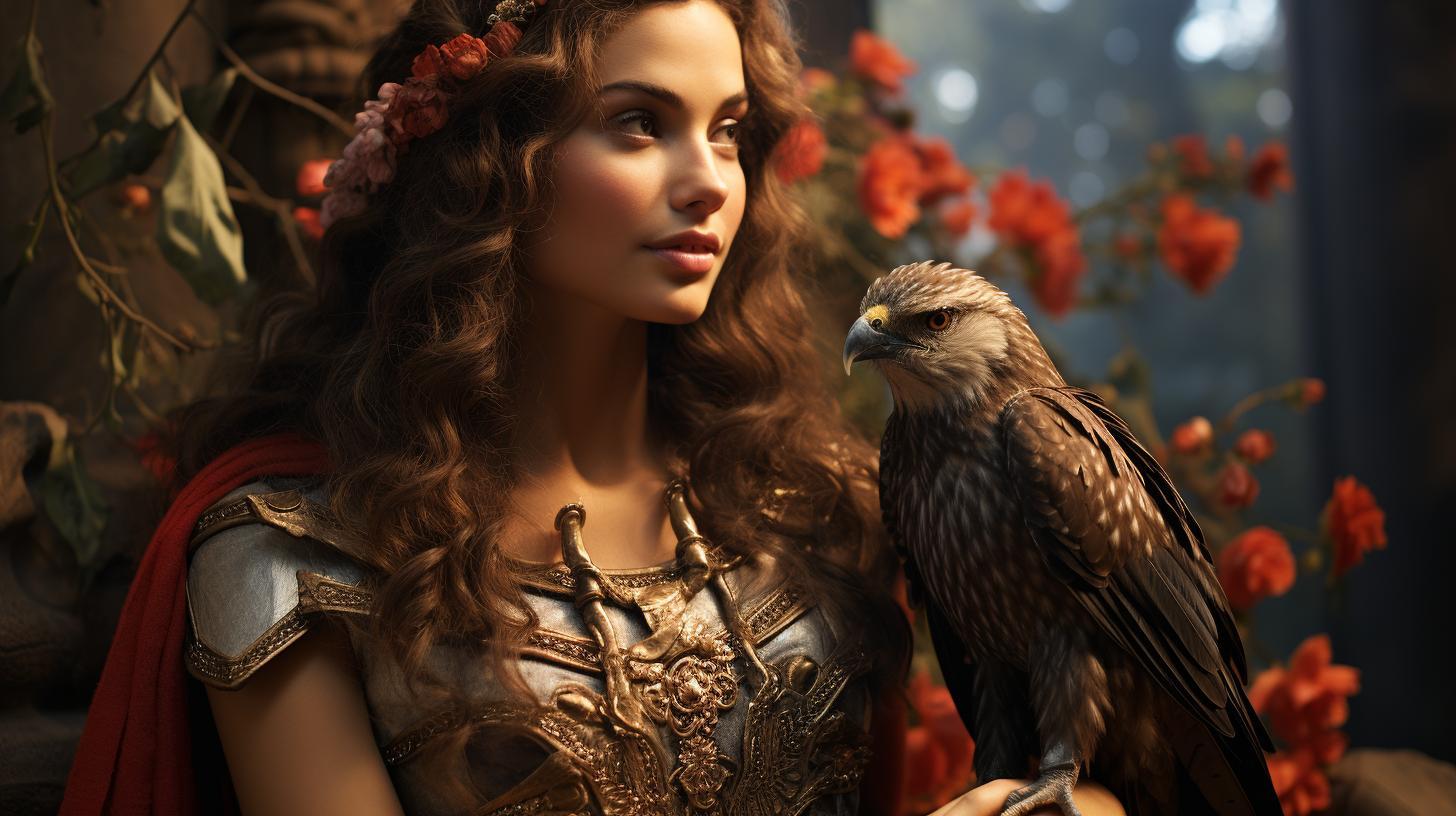Etruscan Gods and Goddesses: Unveiling the Mythology of Ancient Italy
The mythology of Etruscan gods and goddesses holds a significant place in the ancient traditions of Italy. With strong influences from Greek mythology and later incorporation into Roman culture, these deities shaped the religious beliefs of the Etruscan civilization.
This article explores the origins, influences, and worship practices surrounding these divine figures, as well as the decline of Etruscan religion in Roman times. Discover the diverse pantheon of Etruscan gods and goddesses and their intriguing roles in this ancient mythological tradition.
The Origins and Influences of Etruscan Gods and Goddesses
The origins and influences of Etruscan gods and goddesses reveal a complex interplay between Greek and Roman cultures. The Etruscan religious tradition, closely intertwined with ancient Greek mythology, was gradually incorporated into Roman society as they absorbed the Etruscan civilization.
This section delves into the Greek influences on Etruscan religion and mythology and explores the subsequent adoption of Etruscan deities by the Romans
Greek Influences on Etruscan Religion and Mythology
The ancient Greeks played a pivotal role in shaping Etruscan religious beliefs and practices.
Greek traders brought their religion and heroic figures to the central Mediterranean coastal areas, leaving a lasting impression on the Etruscans.
Legendary characters like Odysseus, Menelaus, and Diomedes became part of Etruscan narratives, wandering through lands west of Greece. Over time, Odysseus assumed a similar role to the Etruscans, serving as a heroic leader who led them to colonize new territories.
This cultural exchange with the Greeks influenced the Etruscan pantheon, creating parallels between their deities and the Greek gods. These influences can be seen in various areas, including religious practices, artistic representations, and the adoption of certain Greek myths by the Etruscans.
Roman Adoption of Etruscan Deities
With the conquest of the Etruscans, the Romans not only assimilated their culture but also adopted significant elements of their religion. The Roman Senate embraced key aspects of Etruscan religious practices, perpetuated by the aruspices and noble Roman families claiming Etruscan descent.
Even after the general Etruscan populace forgot their native language, some Etruscan religious practices persisted.
However, as the Roman Republic neared its end, the popularity of Etruscan religion waned, becoming subject to mockery by prominent public figures like Cicero. Despite this decline, the influence of Etruscan deities persisted in Roman religious practices, highlighting the enduring impact of Etruscan mythology and belief systems.
The Origins and Influences of Etruscan Gods and Goddesses section provides valuable insights into the cultural exchanges between the Etruscans, Greeks, and Romans, shaping the unique religious traditions and mythologies of ancient Italy.
A Comprehensive List of Etruscan Gods and Goddesses
Aita: The Etruscan God of the Underworld
Aita was a significant deity in Etruscan mythology, known as the god of the underworld. Often depicted alongside his consort, Persipnei, he played a crucial role in the Etruscan afterlife beliefs and rituals.
Aita was associated with the realm of the dead, guiding souls on their journey and presiding over their final resting place.
Turms: The Herald of the Gods
Turms held a prestigious position among the Etruscan pantheon as the herald of the gods. He was portrayed as a divine messenger, carrying messages between the mortal realm and the divine realm.
Turms represented communication and served as a bridge between humans and the gods, facilitating their interaction and conveying divine will.
Aplu: The Etruscan Oracle God Associated with Apollo
Aplu was a prominent Etruscan god associated with the famed Oracle of Delphi and drawing comparisons to the Greek god Apollo. Aplu played a vital role in divination and prophecy, providing guidance and wisdom to seekers through his oracular powers.
His influence extended beyond Etruria, showcasing the interconnectedness of ancient Mediterranean cultures.
Aritimi: The Etruscan Goddess Associated with Artemis
Aritimi, an Etruscan goddess, was heavily inspired by the Greek goddess Artemis. She was associated with the protection of human assemblies and revered for her connection to nature and wildlife, particularly wolves.
Aritimi symbolized the untamed and instinctual aspects of life, providing strength and safeguarding communal gatherings.
Laran: The Etruscan God of War
Laran held a significant position in Etruscan mythology as the god of war. He represented the martial prowess and strategic brilliance valued in Etruscan society. Laran was worshipped and called upon in times of conflict, seen as a guardian and provider of victory to those who invoked his power on the battlefield.
Nethuns: The Etruscan God of the Sea
Nethuns held dominion over the seas, making him the Etruscan god associated with maritime affairs. As a deity connected to water and navigation, Nethuns played a crucial role in the lives of seafarers and fishermen, offering protection and bountiful catches.
His influence extended beyond the Etruscan realm, reflecting the importance of maritime trade in the ancient Mediterranean.
 Etruscan Divination and Worship Practices
Etruscan Divination and Worship Practices
Close Interaction with the Gods in Etruscan Religion
In Etruscan religion, there was a strong belief in close contact with the divine. No action was undertaken without proper consultation with the gods and receiving signs from them. This practice became an integral part of Etruscan religion and was later adopted by the Romans.
The Etruscans firmly believed that the gods played an active role in their daily lives and sought their guidance for various decisions and actions.
The Enigmatic Etruscan Books: Divination and Beyond
An intriguing aspect of Etruscan religion is the existence of the Etruscan Books, a collection of texts containing theories, rules, and practices of divination. These books delve into aspects such as the interpretation of animal entrails, discussions about the afterlife, and associated rituals.
Unlike traditional prophecies, these texts formed a sophisticated system of divination where the gods provided a continuous stream of signs in everyday phenomena. However, accurate interpretation was crucial in guiding the affairs of humanity.
The Etruscan Books offered a deep insight into the religious and spiritual practices of the ancient Etruscans. They were not mere fortune-telling tools but served as guides for understanding the divine will and seeking answers to important questions.
They played a significant role in shaping Etruscan society and its interactions with the gods.
Through these divination practices, the Etruscans strived to establish a connection with the gods, gain their favor, and ultimately shape their destiny. The complexity and precision of their divinatory methods highlighted their unwavering belief in the influence of the divine on every aspect of their lives.
The Etruscan divination practices and the mystique surrounding the Etruscan Books offer a captivating glimpse into the ancient religious practices and worldview of this fascinating civilization.
Artistic Representations and Artifacts Depicting Etruscan Gods and Goddesses
Ceramics, Inscriptions, and Ornamental Objects
Artistic expressions play a crucial role in understanding the rich pantheon of Etruscan gods and goddesses. Ceramics, such as painted vases and pottery, offer glimpses into their imagery and symbolism.
These intricate pieces often depict religious rituals, mythological scenes, and divine figures.
Inscriptions carved into stone and metal provide valuable insights into the names and attributes of these deities. Ornamental objects, including jewelry and decorative items, showcase the Etruscan reverence for their gods, with intricate motifs and precious materials.
Helmut Rix’s Authoritative Sources in the Etruscan Language
One of the challenges in studying Etruscan mythology is the scarcity of written texts. However, linguistic expert Helmut Rix has deciphered and analyzed various sources in the Etruscan language, contributing significantly to our understanding of their gods and goddesses.
Rix’s thorough research sheds light on religious practices, names, and roles of deities. Amidst the enigmatic nature of these ancient texts, Rix’s authoritative work serves as a valuable resource for comprehending the religious beliefs and associated rituals of the Etruscans.
The Decline of Etruscan Religion and Mythology in Roman Times
In Roman times, the religion and mythology of the Etruscans faced a gradual decline as their civilization was absorbed by the expanding Roman Republic. This section explores two key aspects that contributed to the diminishing popularity of the Etruscan religious beliefs.
Adoption and Partial Integration into Roman Culture
After the Roman conquest of the Etruscans, the Roman Senate adopted certain elements of the Etruscan religion. The aruspices and noble Roman families claiming Etruscan descent played vital roles in perpetuating these beliefs.
Even as the general Etruscan population gradually forgot the Etruscan language, some religious practices of Etruscan origin endured.
However, over time, the popularity of Etruscan religion began to wane. It faced challenges in remaining distinct from the dominant Roman religious traditions. The blending of the two mythologies and the increasing influence of Greek and Roman gods overshadowed the Etruscan pantheon.
Ridicule and Losing Popularity in the Late Roman Republic
In the late Roman Republic, the Etruscan religion faced ridicule from notable public figures like Cicero. As the influence of Greek philosophy and Roman rationalism grew, belief in the complex Etruscan divination practices and mysticism became subject to skepticism and mockery.
Furthermore, the increasing spread of Christianity in the later centuries further marginalized the Etruscan religious practices. The rise of this new faith drew attention away from the ancient Etruscan gods and goddesses, leading to a continued decline in their worship and influence.
Despite their gradual decline, the influence of Etruscan religion and mythology on Roman culture cannot be ignored. It played a significant role during the early years of the Roman Republic and left a lasting impact on the development of Roman religious beliefs.

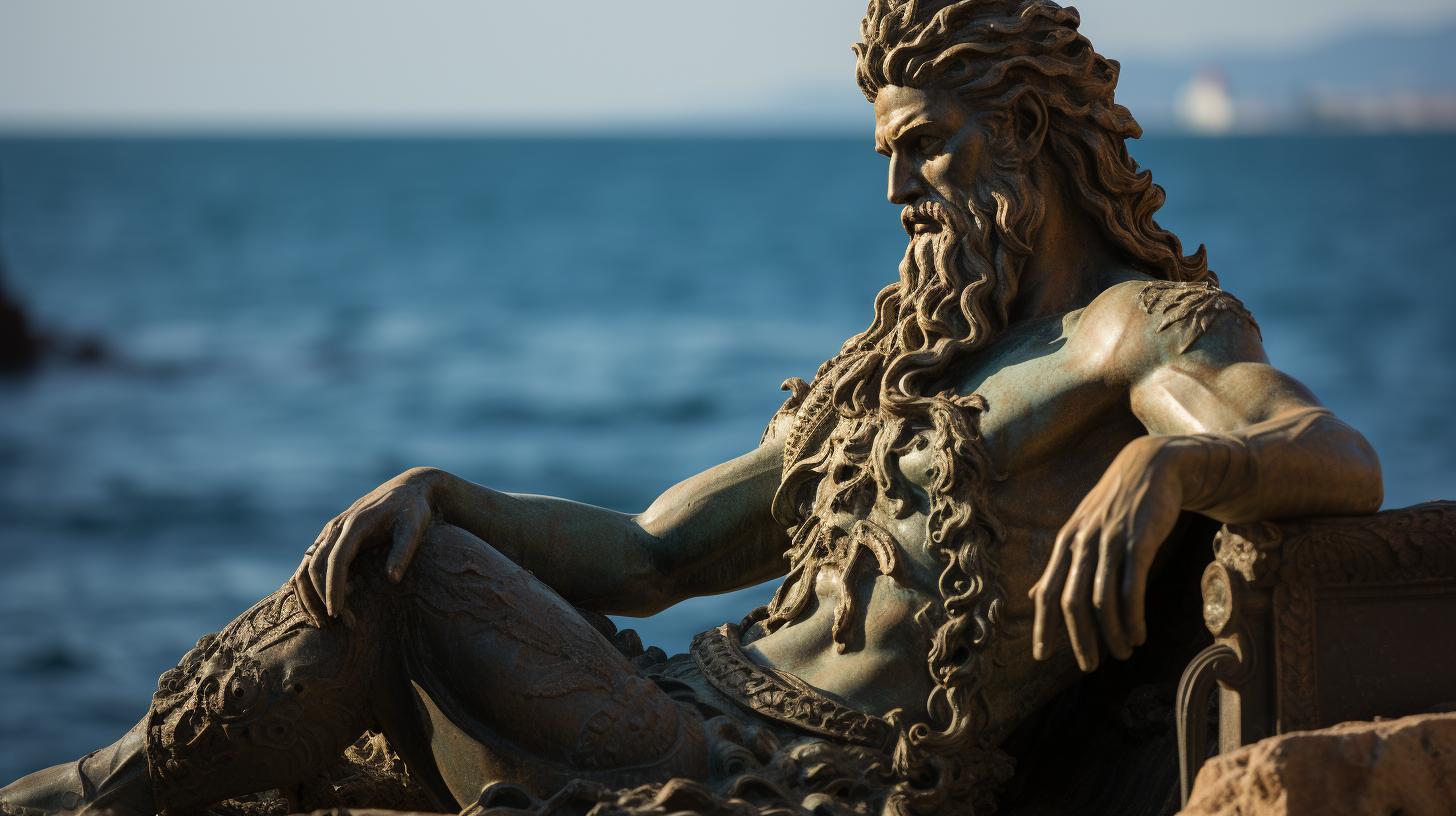
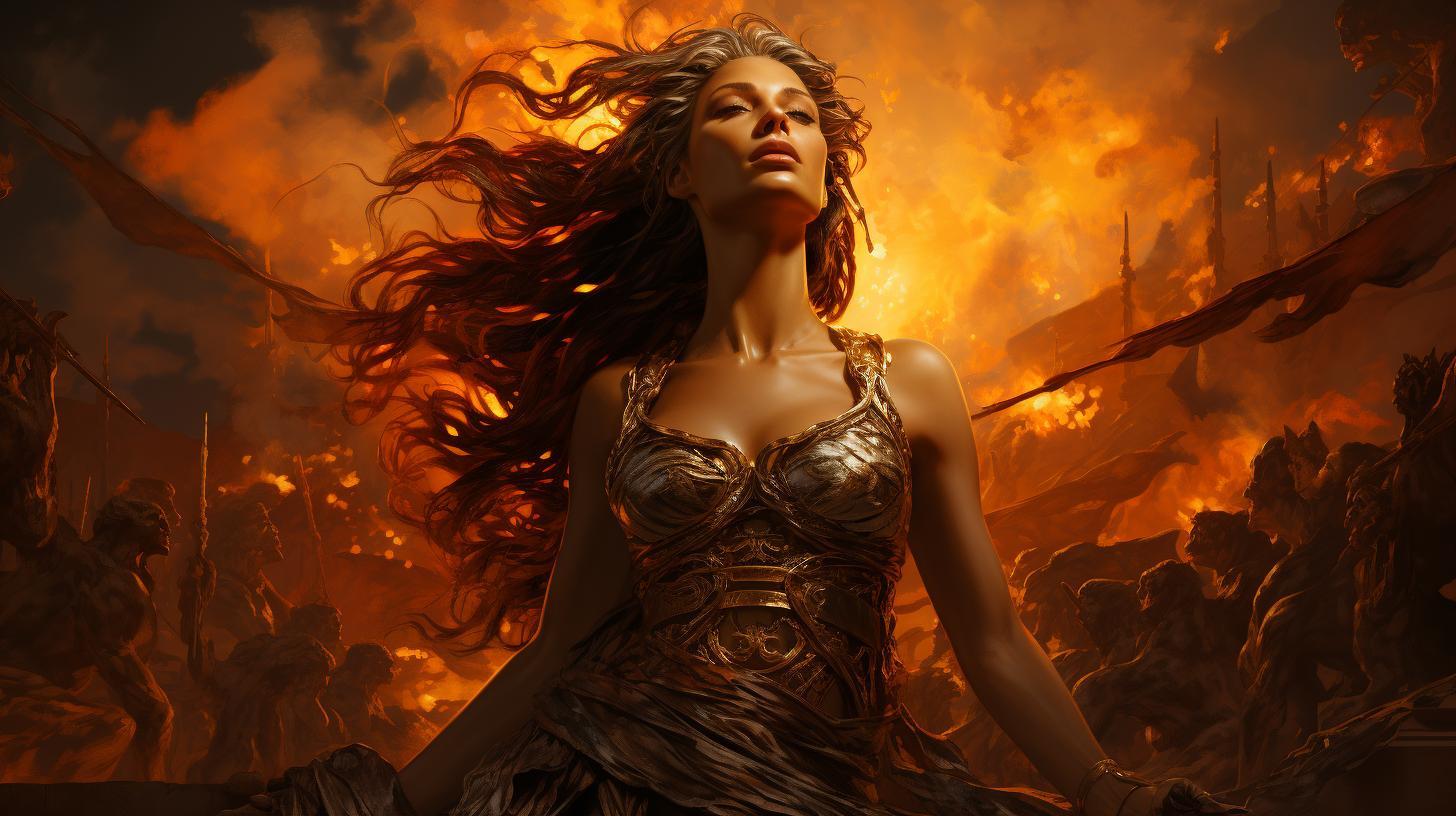
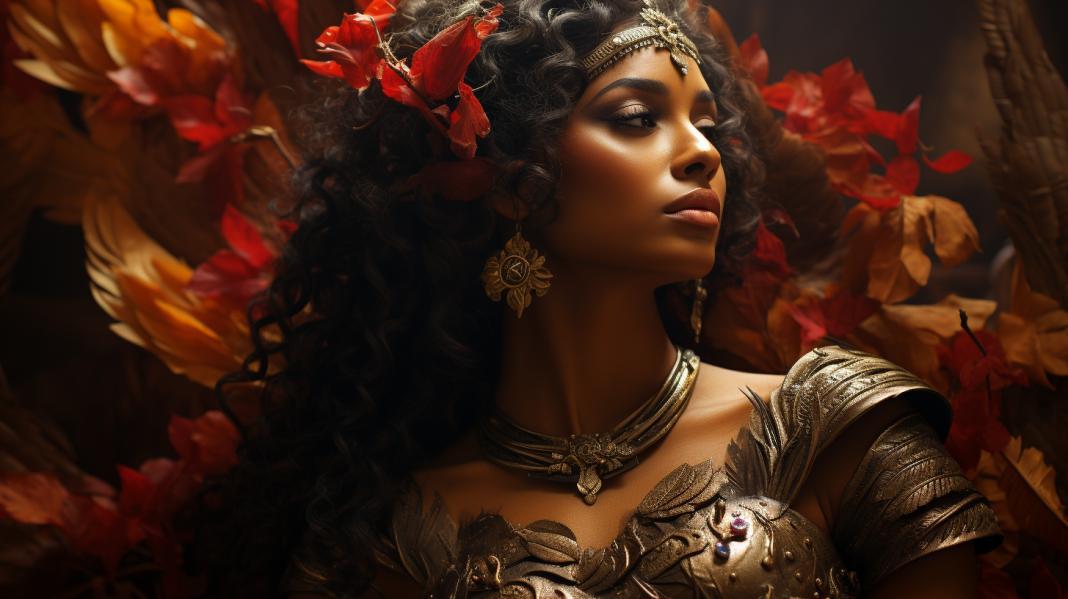
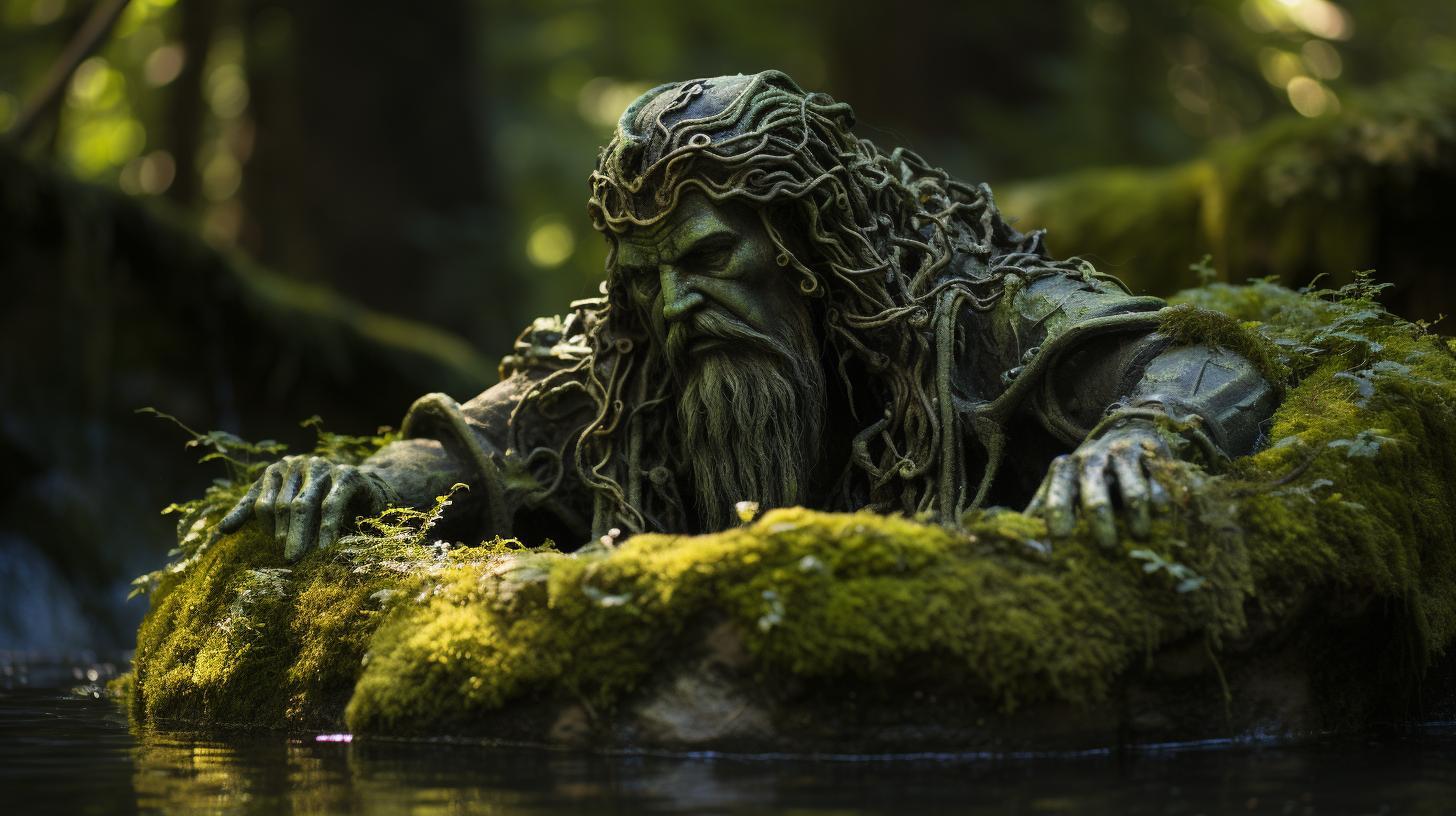 Etruscan Divination and Worship Practices
Etruscan Divination and Worship Practices